Faster Than Banks, Smarter Than Crypto: Stablecoins Are the Future of Money
<strong>As digital money gains momentum, stablecoins promise to overhaul cross-border payments, reduce fees, and bring financial access to billions—if regulation keeps pace</strong>
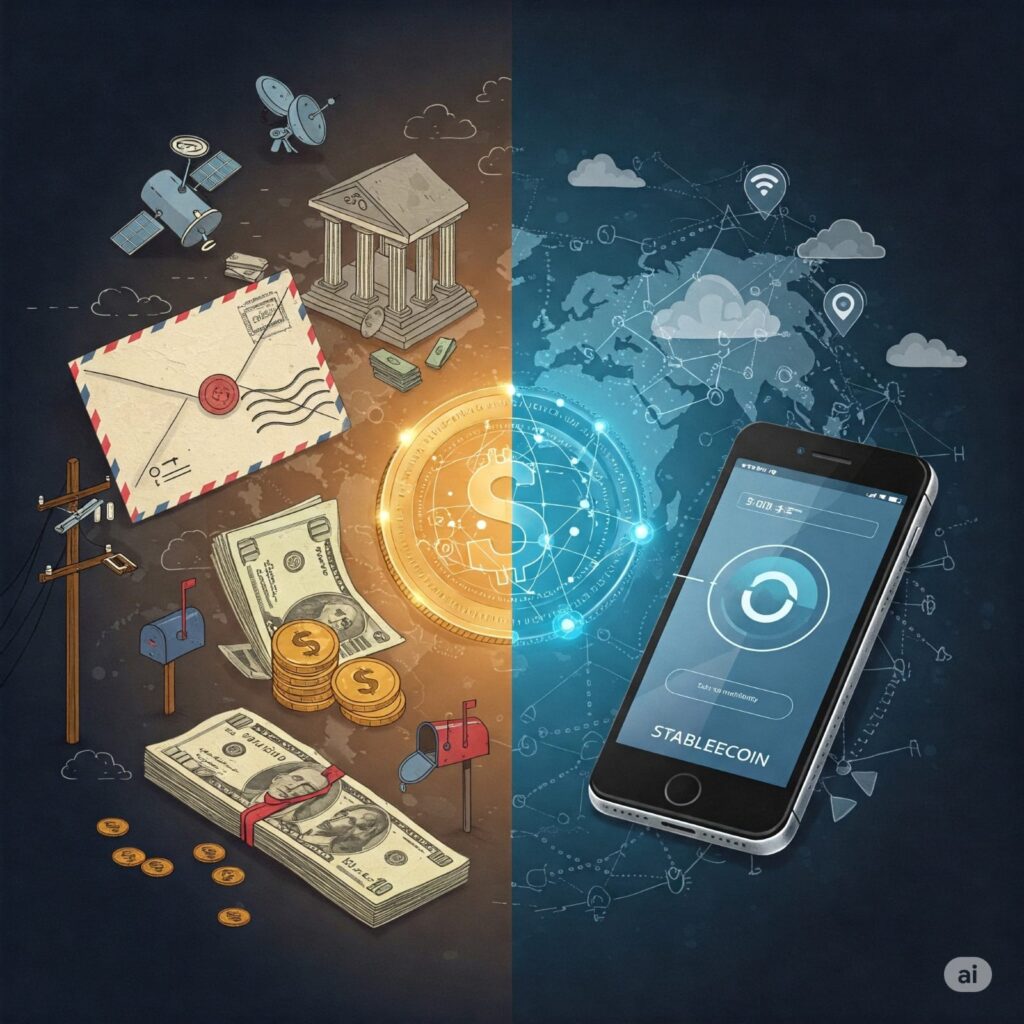
17 May 2025, New Delhi
In the 1990s, email revolutionized global communication—what once took days or cost a fortune became instant and free. Yet, decades later, our financial systems haven’t seen the same leap. Moving money across borders remains slow, costly, and riddled with intermediaries.
Small businesses still lose a chunk of their revenue to card processing fees. Millions of families depending on remittances see up to 10% of their income lost in transfer charges. The world may be digitally connected, but our money isn’t moving with the same efficiency—until now.
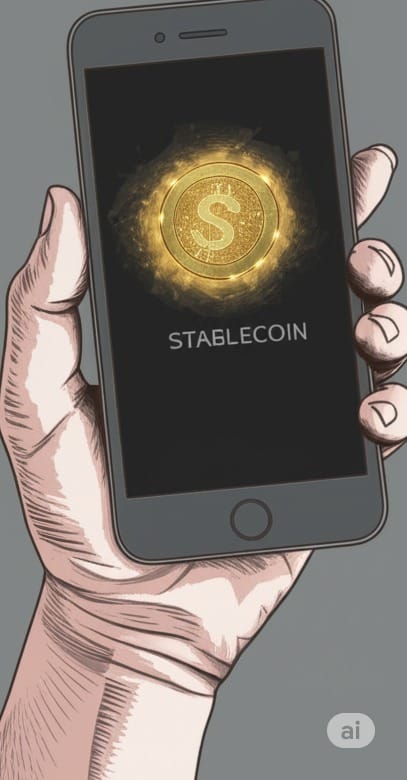
Enter stablecoins—a new breed of digital currency designed for the internet era. Unlike volatile cryptocurrencies like Bitcoin, stablecoins are pegged to stable assets such as the U.S. dollar or euro. They’re fast, reliable, and function like digital cash, ideal for everyday transactions rather than speculative investment.
By blending the trust of traditional fiat currencies with the efficiency of blockchain, stablecoins enable instant, borderless transactions—no banks, no card networks, and no currency conversion desks required. Much like the HTTP protocol enabled the modern web, stablecoins could underpin the next wave of global commerce and financial innovation.
Big players are already on board. Companies like SpaceX and ScaleAI use stablecoins for cross-border payments and treasury operations. Stripe, a leading payment processor, now supports stablecoin payouts—helping merchants sidestep the costs of outdated financial rails.
Also Read: Prof. Ramakant Dwivedi Delivers Keynote at Delhi High Court on Samrasta Divas
The real game-changer, however, may be in the Global South. For the 800 million people depending on remittances, stablecoins offer quicker, cheaper alternatives to legacy services like Western Union. And for 1.4 billion unbanked individuals worldwide, all that’s needed to access this financial lifeline is a mobile phone.
But with innovation comes responsibility. To fully realize the benefits of stablecoins, governments must introduce clear, transparent regulations. Smart policymaking—focused on licensing, oversight, and system interoperability—can ensure a safe, inclusive, and innovative ecosystem.
Stablecoins won’t replace traditional finance overnight. But they offer a powerful opportunity to reimagine how money moves—faster, cheaper, and more inclusively. Just as email transformed how we communicate, stablecoins could soon redefine how we transact.
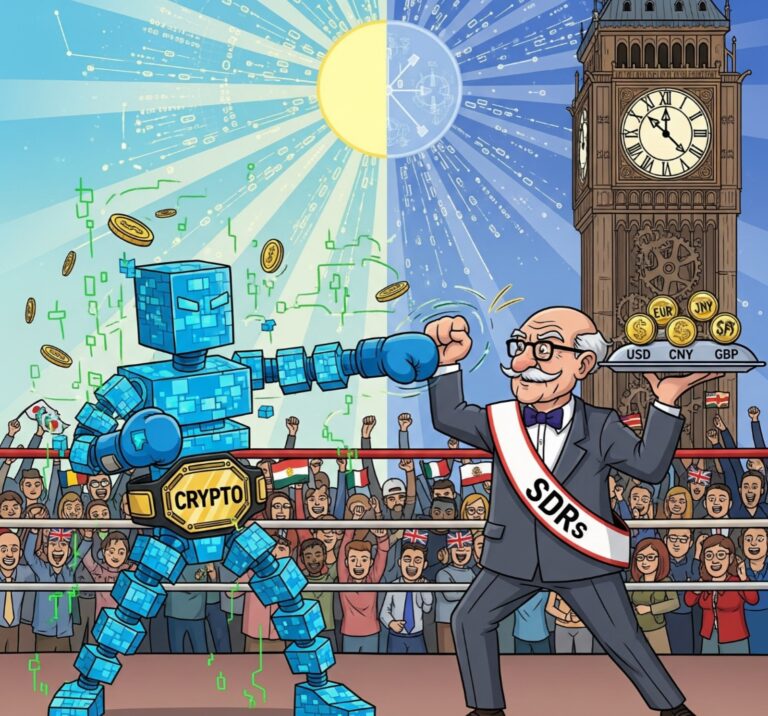
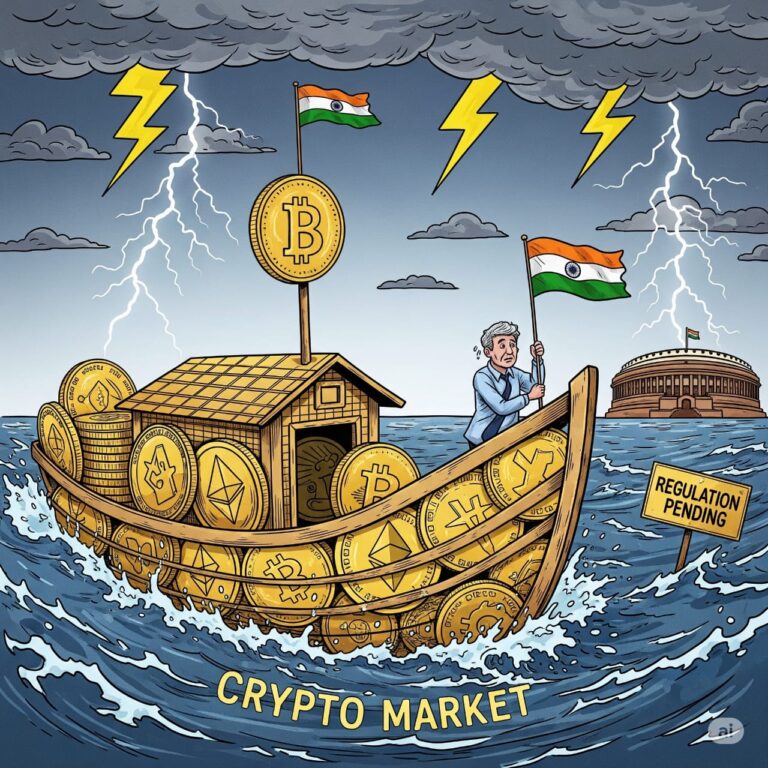


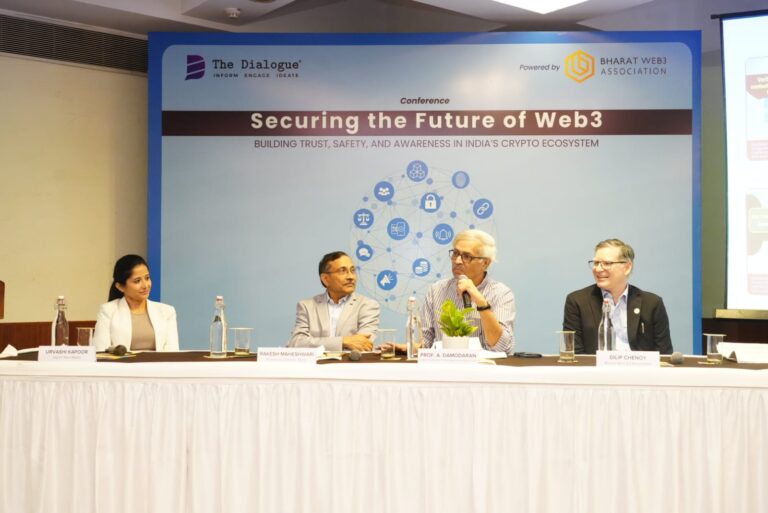
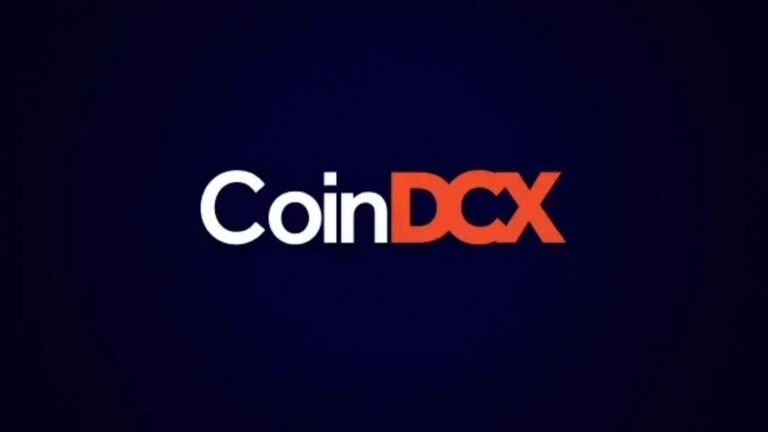
No Comments Yet